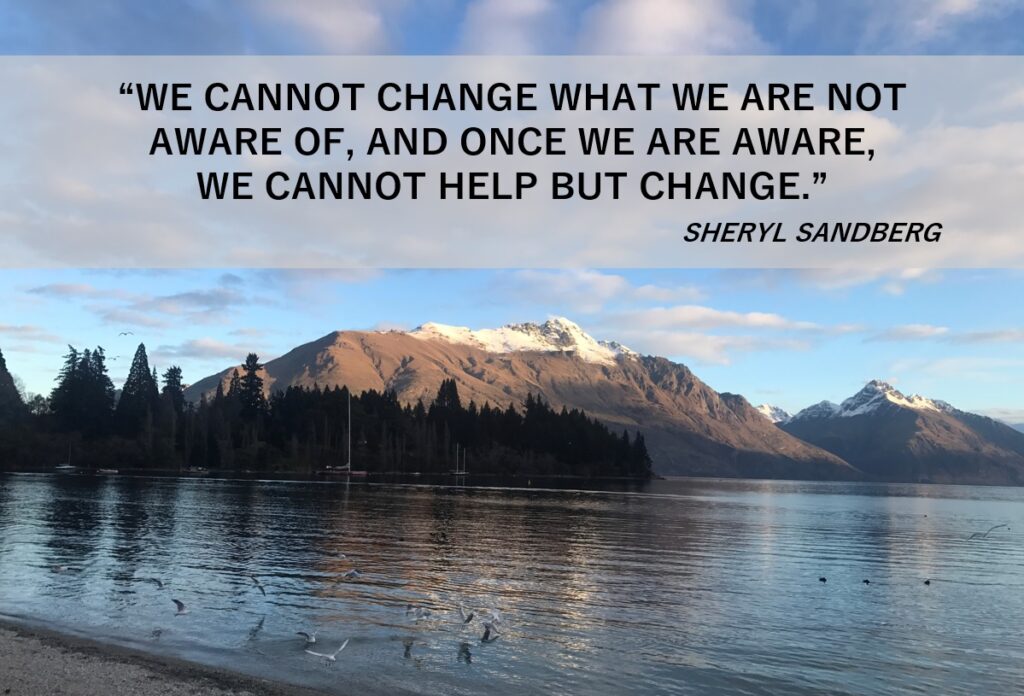We’re at the time of year where in many businesses, mid-year performance reviews are about to happen. For most, feedback is an important part of reviewing performance, but, particularly in the UK, whatever we say, feedback can be a tricky subject, conducive to anxiety and self-judgement.

Last week I ran a poll on my business Instagram account (@the_leadership_lady) to try to determine whether my hunch was right – and it was. Generally, we seem to be comfortable with getting feedback. 92% of my respondents said “yes, I enjoy receiving feedback”, 8% said “no, I’d rather not”. Giving feedback was a slightly different story, with 71% claiming it was “easy”, but significantly, 29% claiming they “would rather not”.
It’s worth noting that this was a quick Instagram poll – as a marketer I feel compelled to point out that the methodology wasn’t robust, nor was the population surveyed representative of the wider population. These are professionals (largely) who have chosen to follow a leadership account on Instagram, so if anything, I would expect the broader population to be even less comfortable with both getting and giving feedback.
My experience over many years of leading teams, across many different types of organisation, is that people find it really tough to give feedback to the person in question. No matter how open or progressive the organisation, it always feels more comfortable for the person giving the feedback to do so indirectly. Perhaps ‘offloading’ to a colleague about how annoying this particular person is when they chair a meeting, or maybe even suggesting to their line manager that it’s their responsibility to go and sort this person’s foibles around time management or delegation out. But, of course, it’s not the line manager’s responsibility in the first instance. It’s the person who notices the shortcoming’s responsibility to go and seek that person out, set up a safe and constructive conversation and share the feedback.
This requires bravery and effort – it is certainly not the easy option; but it is the right one. Good feedback is life-changing, a true gift which can stay with us forever.
So how do you impart feedback that leaves the person receiving it feeling good about themselves?
- Set up the conversation carefully. Note your positive intent. Be open with what you want to talk about – don’t create a hidden and complex agenda, and choose a good time and space to do it. Relaxed but private space works well, for example feedback walks can be particularly effective.
- Ask the person whether it’s OK for you to share some feedback / observations, and frame why it’s important to you to do this. You might choose to name the fact that this is certainly not easy, but you know it’s the right thing to do. Call out your own insecurity and vulnerability in doing this. It will always be appreciated.
- Make the feedback constructive – that is to say, don’t make it overly-personal or subjective, and use examples. Talk about the impact of the examples, which may be business impacts or it may be an impact on you and how you feel.
- Pause frequently and allow the person you are giving the feedback to, to talk. Listen to what they say and what their perspective is. This isn’t a soliloquy.
- Don’t overwhelm them with too many points, this isn’t a personality assassination, so keep feedback short, sharp and to the point.
- Contrary to popular belief, I don’t believe you have to start a feedback conversation with a positive, in fact I don’t believe the conversation even has to include discussion around positive attributes. As long as there is positive intent, you’re on good ground.
- Check-in at the end to ask how the person is feeling. Don’t be apologetic, but do check they’re okay. Thank them for their openness to your feedback, signal your positive intent once again, and flag your desire for reciprocal feedback either in the moment or at a later date.
- Note: this shouldn’t only relate to peer-to-peer feedback – this relates to feedback upwards, downwards and sideways. Everyone deserves your feedback, no matter where they sit in the org chart!
I passionately believe that if more of us dug deep, lived with the uncomfortableness for just a few minutes and committed to give others constructive and helpful feedback, coming genuinely from a place of positive intent, we would be a more productive, effective and harmonious workforce, generating better results and feeling happier in ourselves.
